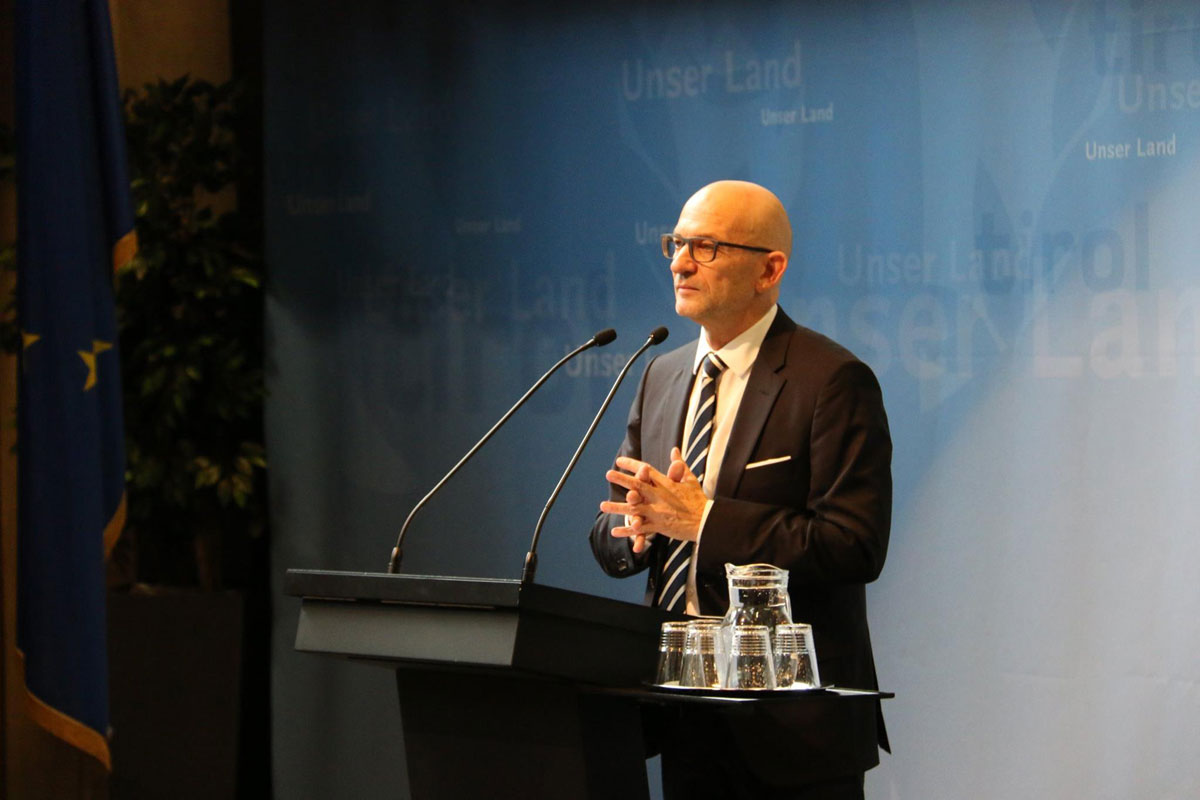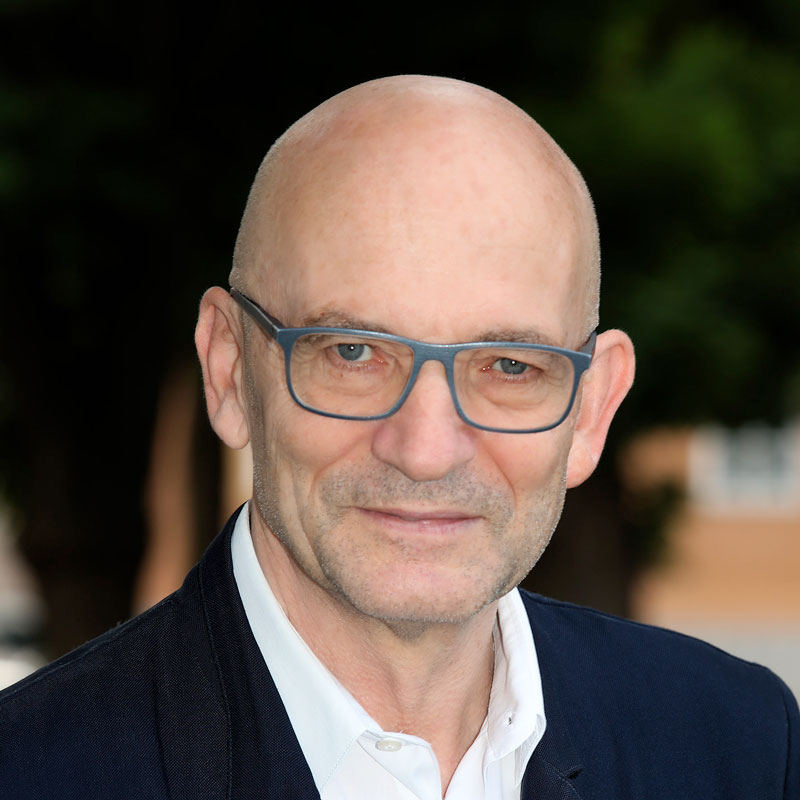Dr. Armand Hausmann – Ihr Psychiater in Innsbruck
Chronic Repetitive Transcranial Magnetic Stimulation (rTMS) Does Not Affect Tyrosine Hydroxylase (TH) and Dopamine- -Hydroxylase (DBH) Expression in Rats In Vivo

Publikationen (Erstautor oder Mitautor) von Univ.-Prof. Dr. Armand Hausmann
Repetitive transcranial magnetic stimulation (rTMS) is a new tool in psychiatry in which a pulsed electric current is applied to the scalp via a coil (Post and Keck, 2001). The electric current generates a magnetic field which passes the skull to depolarize the subjacent neu ronal tissue (Roth et al., 1991). rTMS has been pro posed to exert therapeutic effects in diseases associated with an altered dopaminergic and/or noradrenergic neurotransmission, namely, depression (George et al., 2000) and Parkinson’s disease (Siebner et al., 1999). This is in line with Keck et al. (2000), who described enhanced hippocampal release of serotonin and dopa mine in rats following rTMS.
Autoren: Armand Hausmann, Christine Schermer, Hartmann Hinterhuber, and Christian Humpel
